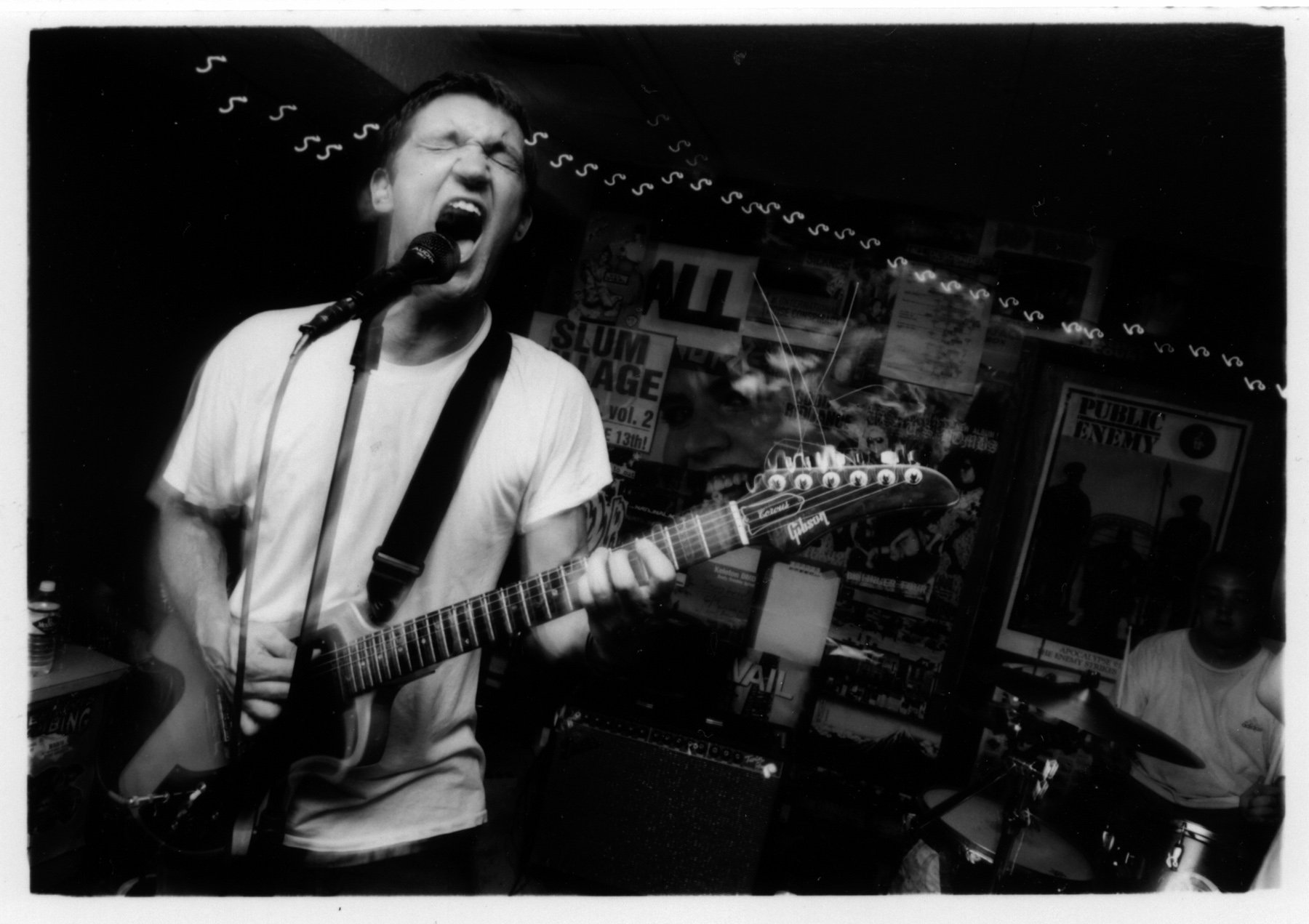The making of cursive’s domestica - featuring tim kasher
In celebration of the deluxe edition of Cursive’s DOMESTICA, we take an in-depth look at how the record was made. Following the breakup of the Omaha band, Slowdown Virginia, Tim Kasher reunited with his former bandmates, Matt Maginn and Stephen Pedersen, to start a new project called Cursive. They brought in drummer Clint Schnase and released their first 7 inch on their friends’ label, Lumberjack Records, which later became Saddle Creek. Two full-length records followed, but when THE STORMS OF EARLY SUMMER was released in 1998, the band had already called it quits. Kasher had gotten married and moved to Portland, Oregon for a fresh start. As his marriage fell apart, he returned to Omaha and decided to reform Cursive. Pedersen had left for college at this point so Ted Stevens of Lullaby for the Working Class took over on guitar. Feeling like they had to make up for lost time, Cursive quickly put together an album’s worth of songs and entered the home studio of A.J. and Mike Mogis to record the album over nine days.
In this episode, Tim Kasher describes his vision of a concept album about a failed relationship that took inspiration from his recent divorce. With songs written from the perspective of both the male and female characters in the relationship, Kasher was writing in a fictional style but couldn’t help but include elements from his own life. When the album was released in 2000, Saddle Creek wrote a bio mentioning Kasher’s divorce that impacted the overall perception of the album, which Kasher still maintains is not a “divorce record.” From an attempt at being evenhanded in the storytelling to the Mogis brothers production skills to taking inspiration from the films, Eraserhead and Rosemary’s Baby, to a lifelong journey of understanding metal to fans asking Kasher for relationship advice, we’ll hear the stories around how the album came together.
Purchase Cursive’s Domestica Deluxe Edition
Listen: Apple - Spotify - Other
Episode Credits:
Intro/Outro Music:
“Muzzle” by Flooding from Silhouette Machine
Episode produced, edited and mixed by Dan Nordheim
Additional mixing and mastering by Jeremy Whitwam
Episode art by Scott Arnold





